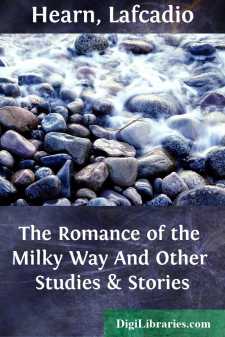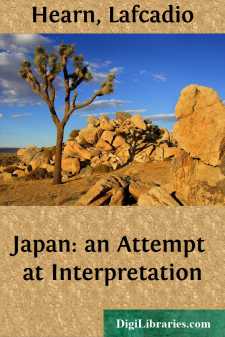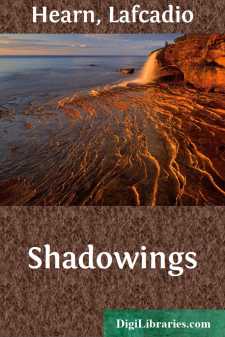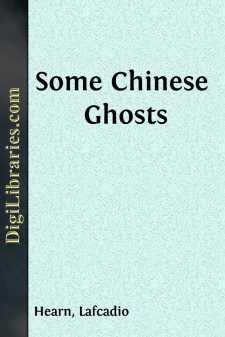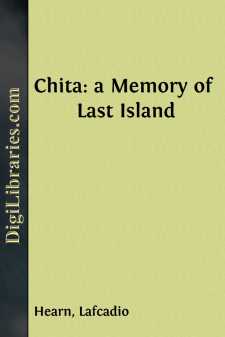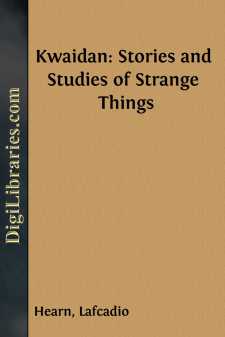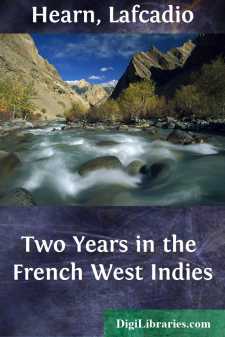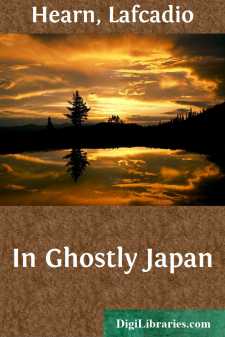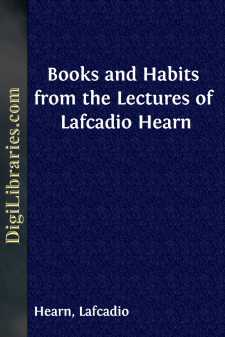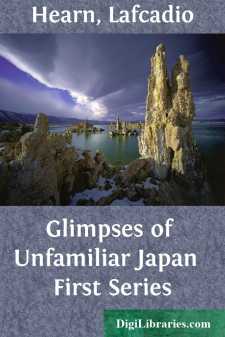Categories
- Antiques & Collectibles 13
- Architecture 36
- Art 48
- Bibles 22
- Biography & Autobiography 815
- Body, Mind & Spirit 144
- Business & Economics 28
- Children's Books 18
- Children's Fiction 14
- Computers 4
- Cooking 94
- Crafts & Hobbies 4
- Drama 346
- Education 58
- Family & Relationships 59
- Fiction 11834
- Games 19
- Gardening 17
- Health & Fitness 34
- History 1378
- House & Home 1
- Humor 147
- Juvenile Fiction 1873
- Juvenile Nonfiction 202
- Language Arts & Disciplines 89
- Law 16
- Literary Collections 686
- Literary Criticism 179
- Mathematics 13
- Medical 41
- Music 40
- Nature 179
- Non-Classifiable 1768
- Performing Arts 7
- Periodicals 1453
- Philosophy 65
- Photography 2
- Poetry 896
- Political Science 203
- Psychology 44
- Reference 154
- Religion 515
- Science 126
- Self-Help 85
- Social Science 83
- Sports & Recreation 34
- Study Aids 3
- Technology & Engineering 59
- Transportation 23
- Travel 463
- True Crime 29
Our website is made possible by displaying online advertisements to our visitors.
Please consider supporting us by disabling your ad blocker.
The Romance of the Milky Way And Other Studies & Stories
by: Lafcadio Hearn
Categories:
Description:
Excerpt
INTRODUCTION
Lafcadio Hearn, known to Nippon as Yakumo Koizumi, was born in Leucadia in the Ionian Islands, June 27, 1850. His father was an Irish surgeon in the British Army; his mother was a Greek. Both parents died while Hearn was still a child, and he was adopted by a great-aunt, and educated for the priesthood. To this training he owed his Latin scholarship and, doubtless, something of the subtlety of his intelligence. He soon found, however, that the prospect of an ecclesiastical career was alien from his inquiring mind and vivid temperament, and at the age of nineteen he came to America to seek his fortune. After working for a time as a proof-reader, he obtained employment as a newspaper reporter in Cincinnati. Soon he rose to be an editorial writer, and went in the course of a few years to New Orleans to join the editorial staff of the "Times-Democrat." Here he lived until 1887, writing odd fantasies and arabesques for his paper, contributing articles and sketches to the magazines, and publishing several curious little books, among them his "Stray Leaves from Strange Literature," and his translations from Gautier. In the winter of 1887 he began his pilgrimages to exotic countries, being, as he wrote to a friend, "a small literary bee in search of inspiring honey." After a couple of years, spent chiefly in the French West Indies, with periods of literary work in New York, he went in 1890 to Japan to prepare a series of articles for a magazine. Here through some deep affinity of mood with the marvelous people of that country he seems suddenly to have felt himself at last at home. He married a Japanese woman; he acquired Japanese citizenship in order to preserve the succession of his property to his family there; he became a lecturer in the Imperial University at TÐâ¦ÐÐkyÐâ¦ÐÐ; and in a series of remarkable books he made himself the interpreter to the Western World of the very spirit of Japanese life and art. He died there of paralysis of the heart on the 26th of September, 1904.
With the exception of a body of familiar letters now in process of collection, the present volume contains all of Hearn's writing that he left uncollected in the magazines or in manuscript of a sufficient ripeness for publication. It is worth noting, however, that perfect as is the writing of "Ultimate Questions," and complete as the essay is in itself, the author regarded it as unfinished, and, had he lived, would have revised and amplified some portions of it.
But if this volume lacks the incomparably exquisite touch of its author in its arrangement and revision, it does, nevertheless, present him in all of his most characteristic veins, and it is in respect both to style and to substance perhaps the most mature and significant of his works.
In his first days as a writer Hearn had conceived an ideal of his art as specific as it was ambitious. Early in the eighties he wrote from New Orleans in an unpublished letter to the Rev. Wayland D. Ball of Washington: "The lovers of antique loveliness are proving to me the future possibilities of a long cherished dream,—the English realization of a Latin style, modeled upon foreign masters, and rendered even more forcible by that element of strength which is the characteristic of Northern tongues....


